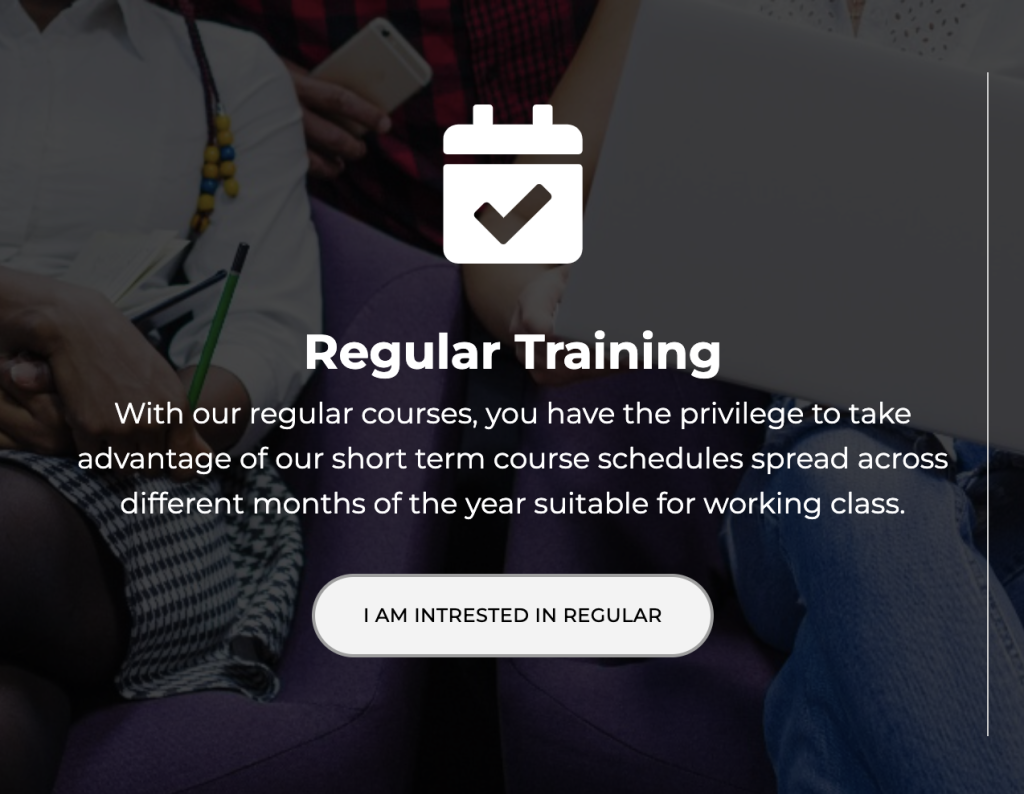Pneumatic and Field Instruments Supply and Installation 13th- 17th October 2025
- Description
- Reviews
Introduction:
The Pneumatics and Field Instruments Supply and Installation course is a specialized training program designed to equip participants with knowledge and practical skills in the installation, operation, and maintenance of pneumatic systems and field instrumentation. These are commonly used in industrial automation, process control, and manufacturing industries.
Course Objectives:
1. Understand Pneumatics Fundamentals:
-
Learn the principles of pneumatic systems, including compressed air generation, distribution, and utilization.
-
Understand the function and operation of pneumatic components (e.g., valves, actuators, cylinders).
2. Field Instruments Knowledge:
-
Gain a comprehensive understanding of field instruments such as pressure transmitters, flowmeters, temperature sensors, level sensors, and controllers.
3. Supply Chain Insights:
-
Understand the selection, sourcing, and procurement process for pneumatic and field instrument components.
4. Installation and Commissioning:
-
Develop skills for the proper installation, testing, and calibration of pneumatic systems and field instruments.
-
Adhere to international standards and safety regulations.
5. Troubleshooting and Maintenance:
-
Diagnose and resolve common issues in pneumatic systems and field instruments.
-
Plan preventive maintenance schedules for reliable operations.
6. Hands-on Skills Development:
-
Build practical expertise in connecting, wiring, configuring, and testing various instruments and pneumatic systems.
Course Contents:
Module 1: Basics of Pneumatics
-
Introduction to pneumatics and compressed air systems.
-
Types of pneumatic components:
-
Air compressors, filters, regulators, and lubricators (FRL units).
-
Valves (directional control, flow control, pressure relief).
-
Actuators (linear and rotary).
-
Applications of pneumatic systems in industrial processes.
Module 2: Field Instruments Overview
-
Types of field instruments:
-
Pressure transmitters.
-
Flowmeters (e.g., differential pressure, electromagnetic, turbine).
-
Temperature sensors (e.g., RTDs, thermocouples).
-
Level sensors (e.g., radar, ultrasonic, float-type).
-
Instrumentation standards (ISA, IEC).
Module 3: Selection and Specification
-
Identifying application requirements.
-
Selecting components based on system specifications.
-
Compatibility of pneumatic and field instruments with control systems.
Module 4: Installation Practices
-
Site preparation and layout planning.
-
Piping and tubing for pneumatic systems.
-
Wiring and cabling of field instruments.
-
Mounting and positioning of instruments for accurate measurements.
Module 5: Testing and Calibration
-
Leak testing and performance validation of pneumatic systems.
-
Calibration of sensors and transmitters (manual and automated).
-
Zeroing, ranging, and scaling techniques.
Module 6: Troubleshooting and Maintenance
-
Common issues in pneumatic systems (e.g., leaks, pressure drops).
-
Diagnosing field instrument failures (e.g., sensor drift, signal loss).
-
Routine maintenance tasks to enhance system reliability.
Module 7: Hands-on Practical Sessions
-
Assembling pneumatic circuits.
-
Wiring and commissioning of field instruments.
-
Interfacing instruments with PLC/DCS systems.
-
Real-world problem-solving exercises.
Module 8: Health, Safety, and Standards
-
Overview of safety standards and protocols (OSHA, ISO).
-
Safe handling of compressed air and electrical equipment.
-
Importance of grounding and shielding in instrumentation.
Module 9: Documentation and Reporting
-
Preparing installation, maintenance, and calibration reports.
-
Understanding datasheets, P&ID diagrams, and manuals.
—
Target Audience
-
Engineers and technicians in the fields of automation, instrumentation, and maintenance.
-
Professionals involved in industrial systems design and installation.
-
Fresh graduates seeking careers in instrumentation and pneumatic systems.
This structure provides both theoretical knowledge and practical skills for anyone pursuing expertise in pneumatics and field instruments.





